
Jim & Pam, Battlestar Galactica, and iconic Michael Scott moments – Check it out!
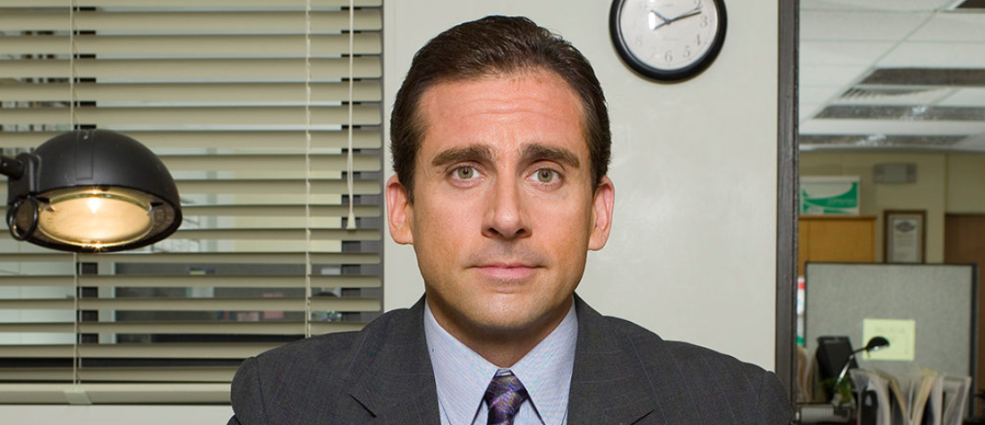
Venture with us into the quirky world of Dunder Mifflin, where paper sales become an epic tale of cubicle conquests and watercooler wisdom. The Office isn't just a sitcom – it's a love letter to fans who appreciate the nuances of a well-executed prank and the beauty of a perfectly timed "That's what she said." Take a trip with us to unveil how The Office changed sitcoms forever.
Picture this: Jim Halpert, our sly prankster, executing the legendary stapler in Jell-O gag, forever etching his place in the annals of office mischief. Like so many others, this moment encapsulates The Office's brilliance. It took the mundane and elevated it to an art form—a symphony of awkward glances, beet farming, and Jim's knowing glances to the camera.
Let's talk about the Dundies, those gloriously awkward awards that made us cringe and cheer simultaneously. From Michael Scott's botched hosting to Pam's "Whitest Sneakers" win, the Dundies captured the essence of office camaraderie, proving that even in the most mundane moments, hilarity can ensue.
And who could forget the fire drill that turned into an all-out chaos masterpiece? Dwight's authoritarian approach, Angela throwing her cat Bandit into the ceiling tiles, and Oscar plummeting from the ceiling—this scene wasn't just a comedic goldmine but an absurd ballet of calamity.
The sheer brilliance of the "Stress Relief" episode, a double-length gem, showcased the chaos of a fire drill gone wrong and gave us the iconic "CPR dummy to the tune of 'Stayin' Alive'" moment.
These are just a few prime examples of how The Office infused humor into the most unexpected scenarios, leaving us breathless with laughter.
The Scranton branch wasn't just a workplace but the birthplace of memorable characters. From Creed's mysterious antics to Kevin's chili disaster, every member of the ensemble cast contributed to the show's unique flavor. Even Toby, the perennially downtrodden HR rep, became a running joke, his mere presence inviting eye rolls and sighs from Michael Scott (infamously played by Steve Carrell).
Fan Of View: Michael Scott is one of the best television characters in history. Constantly witty, a little more than just a little weird, and charismatic.
As we traverse the nine seasons of The Office, it becomes evident that the show wasn't just about paper and productivity – it was about the human experience in all its awkward, hilarious glory. It's a testament to the genius of the writers and the impeccable performances of the cast that we can quote lines, reenact pranks, and feel an inexplicable bond with a fictional workplace.
To all the fans who proudly proclaim, "Bears, beets, Battlestar Galactica," and can recite Dwight's beet farming facts by heart, let's raise a Dundie to the show that transformed the mundane into the extraordinary. The Office isn't just a show; it's a subculture, a huge fandom – a shared language among those who understand the beauty of a perfectly executed "Jim look" to the camera.
In the sprawling landscape of sitcoms, The Office stands as a towering beacon of success, outshining its peers and rewriting the rules of television comedy. What set this mockumentary gem apart, propelling it to cult-like status and earning it a dedicated fan base? Firstly, the show's unique mockumentary format was a game-changer. While other sitcoms clung to traditional laugh tracks, The Office embraced a documentary-style approach, inviting viewers to participate actively in the comedic journey. This departure from the norm resonated with a modern audience and laid the groundwork for a new era in sitcom storytelling.
The show's unparalleled success can also be attributed to its remarkable character development. In an era where sitcoms often relied on caricatures, The Office presented a diverse ensemble of characters, each meticulously crafted with depth and authenticity. Viewers didn't just laugh at these characters; they connected with them, forging a bond that transcended the screen.
Comparing The Office to its sitcom counterparts is like putting Dwight Schrute against a common beet — there's no competition. Its ability to seamlessly blend humor with genuine emotion sets it apart. While other shows leaned heavily on slapstick or one-dimensional characters, The Office navigated effortlessly between laugh-out-loud moments and poignant reflections on the human condition.
The writing, a masterclass in wit and satire, played a pivotal role in the show's triumph. The seamless integration of recurring jokes, from Michael's mismanagement to Jim's pranks, created a narrative thread that kept fans eagerly anticipating each episode. The show's ability to balance long-term story arcs with episodic humor showcased storytelling finesse seldom seen in sitcoms.
Furthermore, The Office was a pioneer in breaking the fourth wall, with characters addressing the camera directly. This innovative narrative device added an extra layer of humor. It provided insight into the characters' inner thoughts, fostering a sense of intimacy between the audience and the on-screen antics.
As other sitcoms struggled to maintain relevance, The Office evolved with the times, staying ahead of the curve. Its cultural impact extended beyond the small screen, permeating memes and catchphrases and influencing workplace dynamics. The show's enduring popularity on streaming platforms is a testament to its timeless appeal. In the grand scheme of television comedy, The Office isn't just a standout; it's a trailblazer that redefined the sitcom landscape. Its success isn't measured solely in ratings and awards but in the enduring laughter and camaraderie.
Photo Credit: @theoffice on Instagram.

Mary Cosby has not yet comment...
Read More...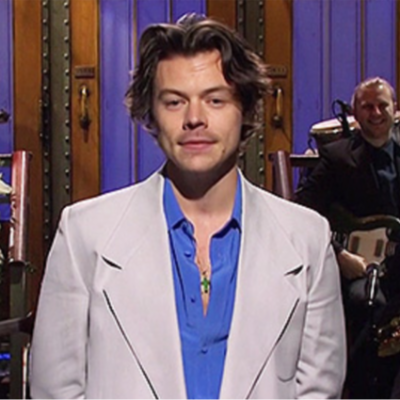
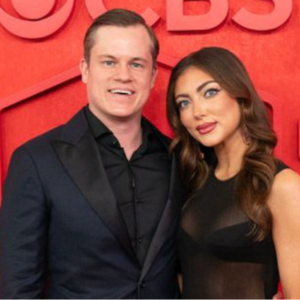
Loyal fans gush love and excit...
Read More...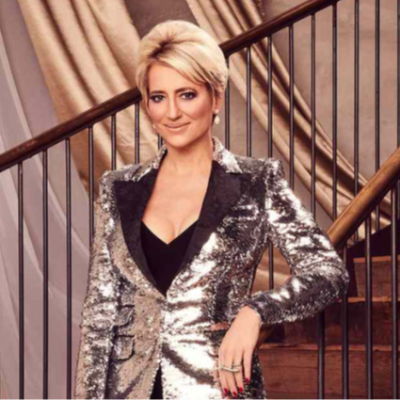
Viewers believe Dorinda will t...
Read More...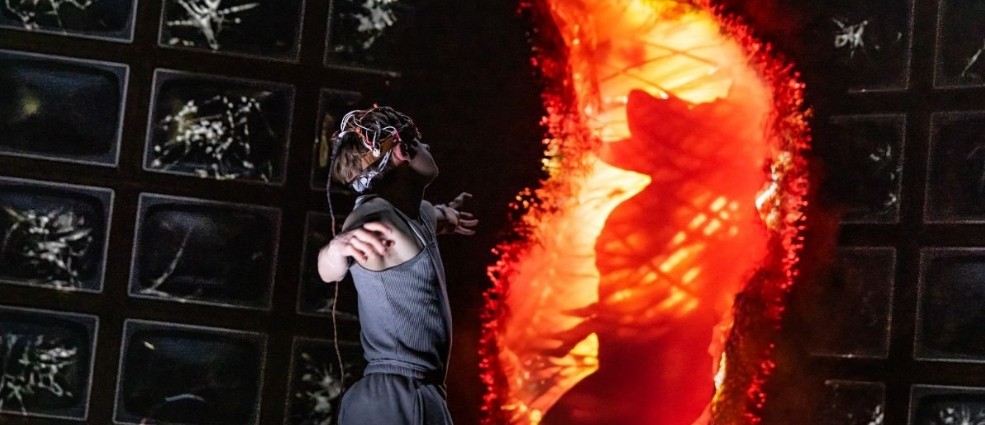
The magic of Broadway is comin...
Read More...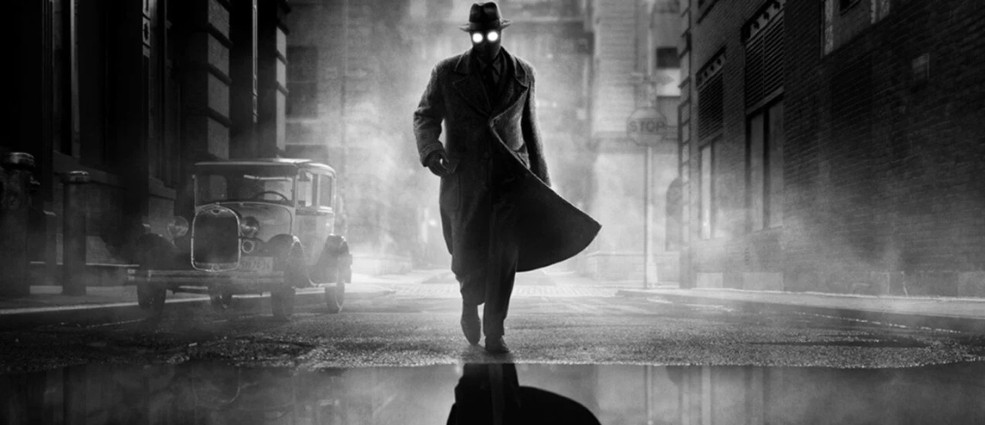
Marvel is taking a swing with...
Read More...